Estimated reading time: 5 minutes
As Africa Safari Experts, we’ve had the privilege of meeting some of Africa’s most iconic people – the fiercely distinctive Maasai and Sambura in Kenya, the red-hued Himba of Namibia, and those consummate survivors, the San of the Kalahari.
Encountering a rural community can be a life-changing experience for many travellers. It opens your eyes to the natural beauty and unaffectedness of Africa’s oldest cultures, as well as giving you an insight into the extreme challenges faced by people living in such remote wilderness locations.
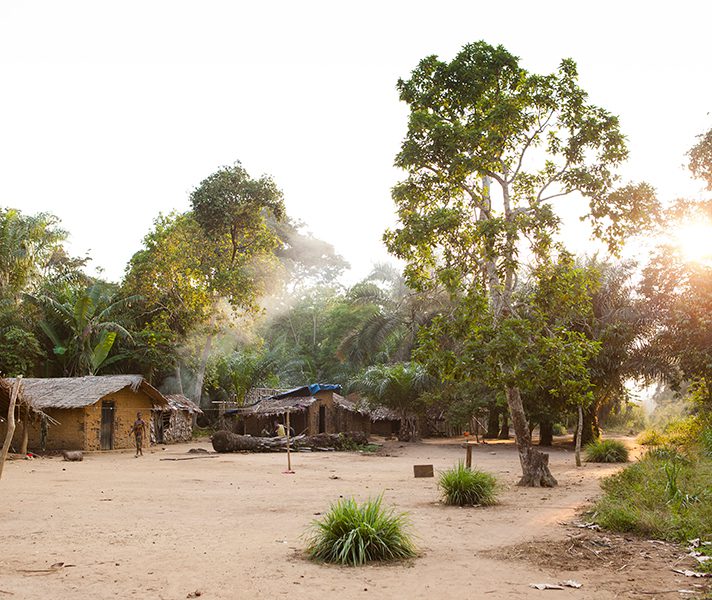
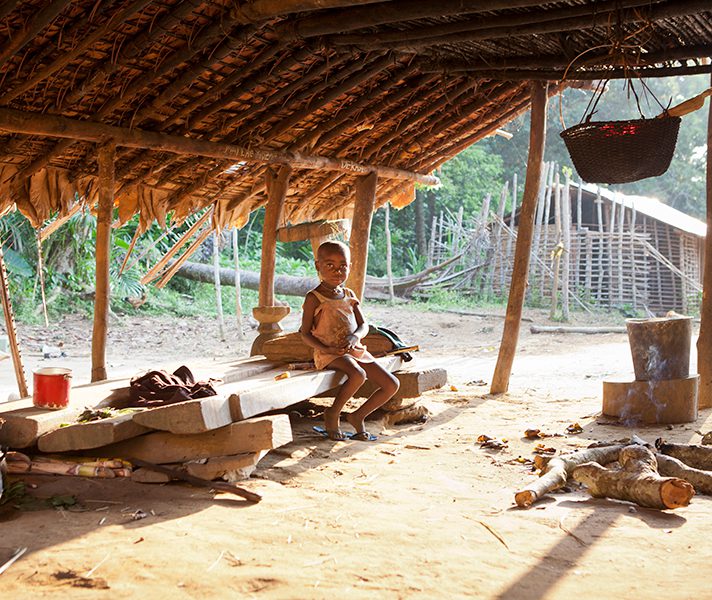
On our Congo safari, we were privileged to visit a community on the outskirts of Odzala National Forest. They shared a warm welcome and a taste of village life with us. Like many African societies, they are a community in transition, slowly relinquishing subsistence hunting and agriculture to make the most of the new life choices offered by education, technology and tourism infrastructure.
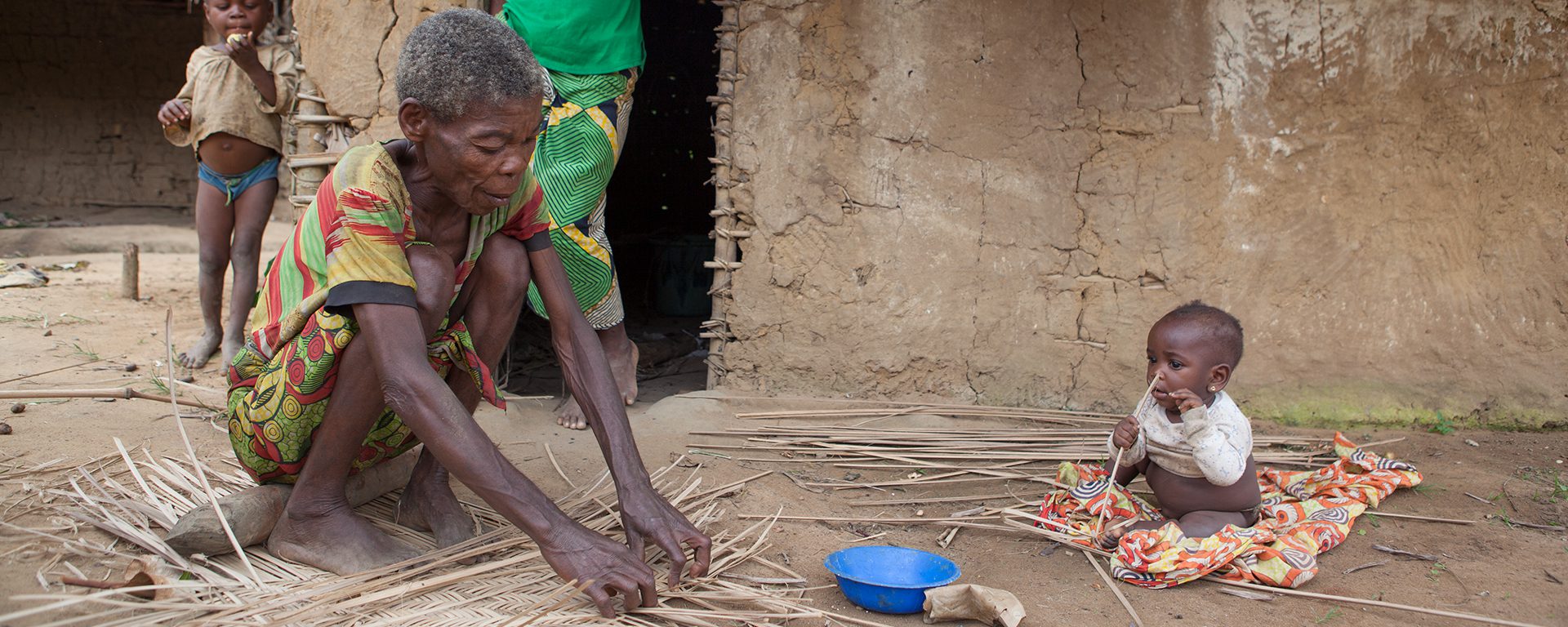
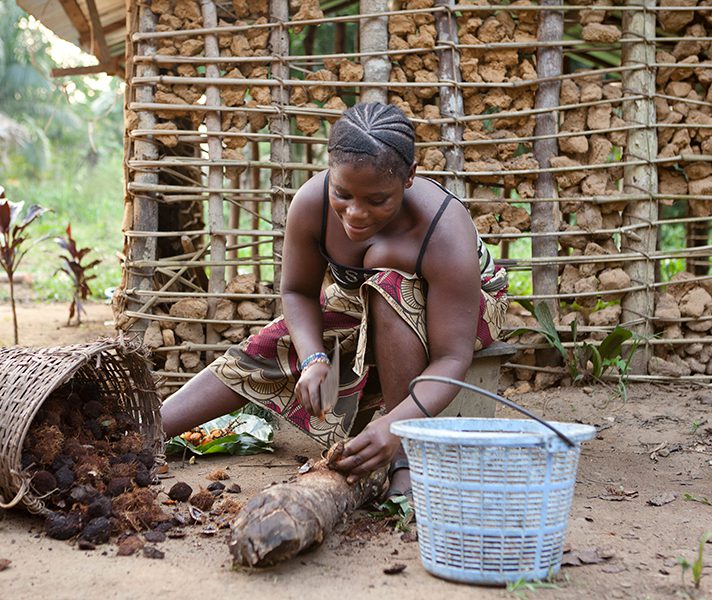
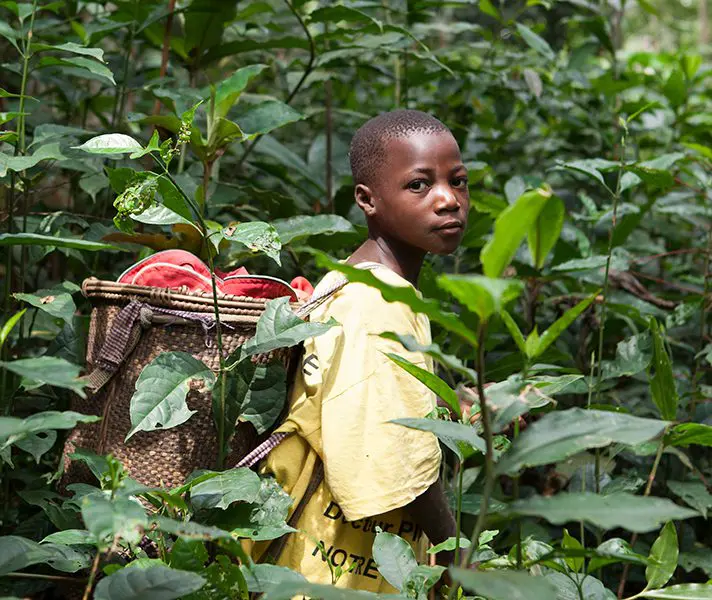
Tourism has a very direct impact in such a remote place because it offers the only real employment and wages make a monetary economy feasible. Jobs help change perceptions of value: when a community experiences real benefits as a direct result of conservation, they become the best and most successful protectors of the wildlife and environment.
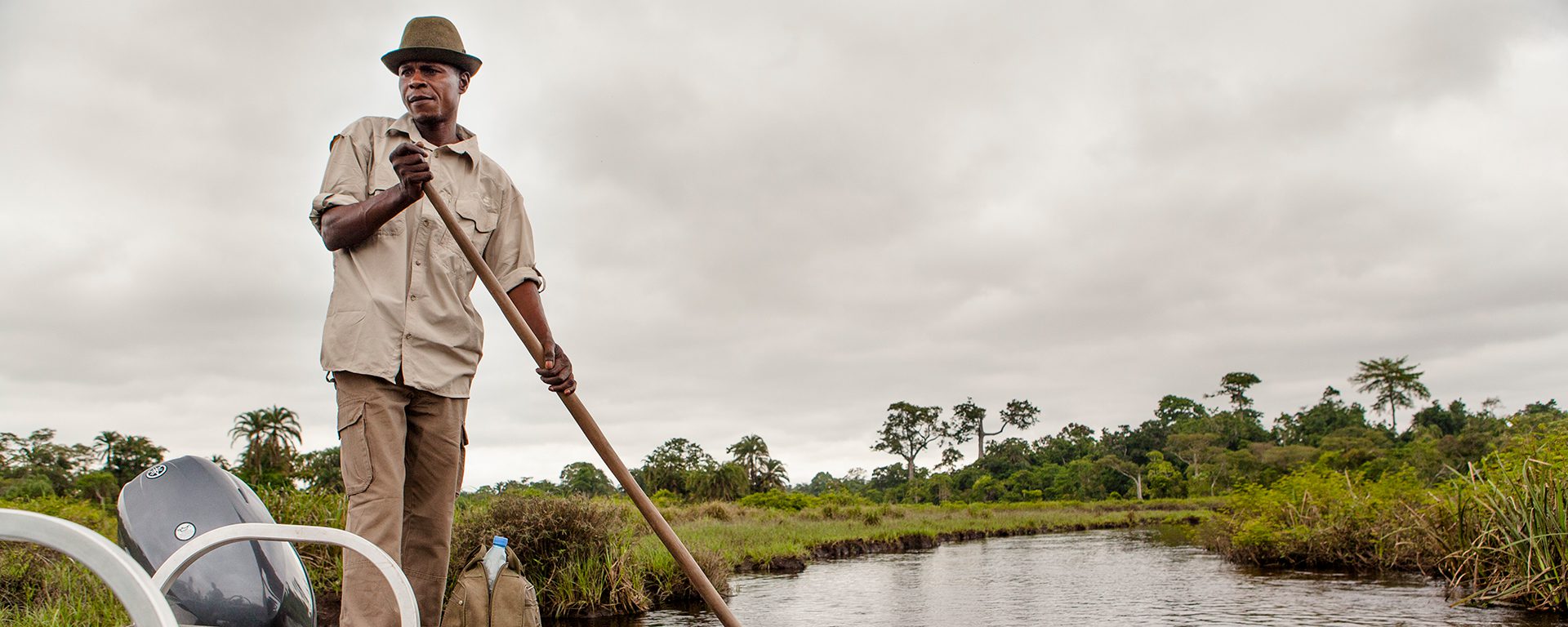
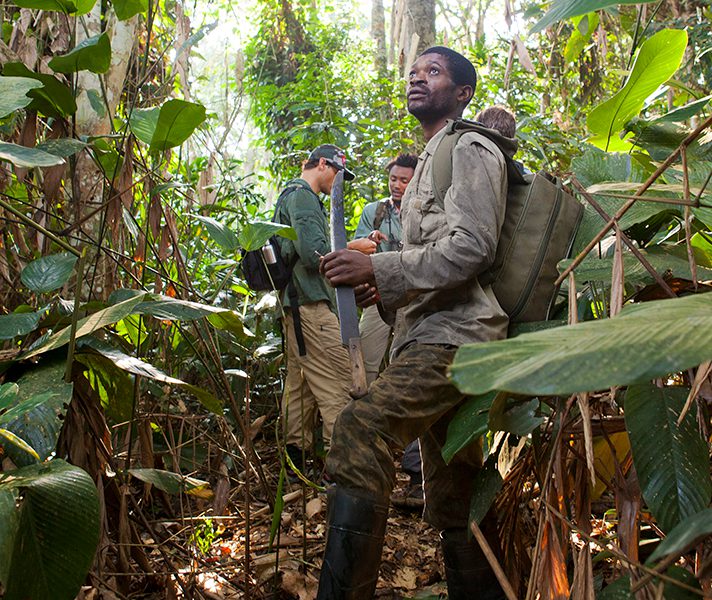
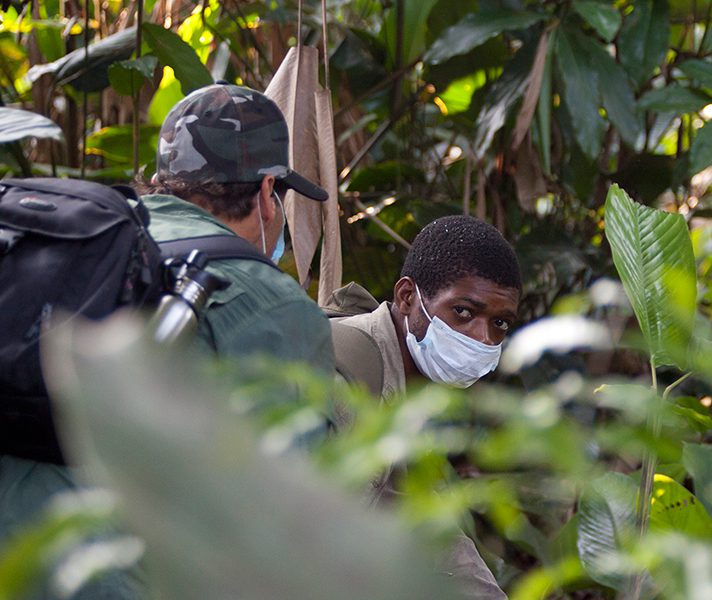
It’s important for visitors to be mindful of this balancing act between preserving cultural heritage and embracing the benefits of modern society. Here are some guidelines to having an extraordinary and unscripted cultural encounter:
Greeting: Taking the time to properly greet someone is the most basic level of good manners in Africa. It usually entails asking after the other person’s health and family, sharing your own family news, and exchanging general opinions on the climate, crops, livestock or time of year. Your guide will lead the greeting ritual, starting with the most important individuals, the village elders. Follow his lead – if you don’t know what is being said, universal friendliness applies: smile, nod and shake any offered hands.
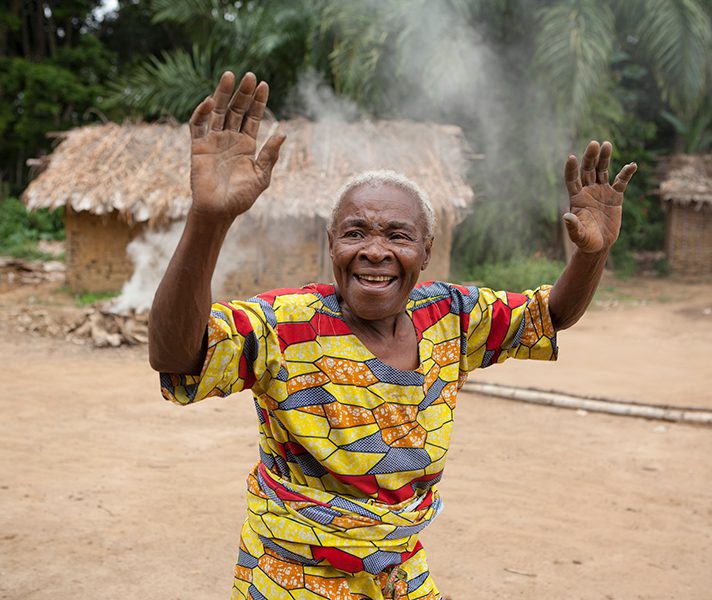
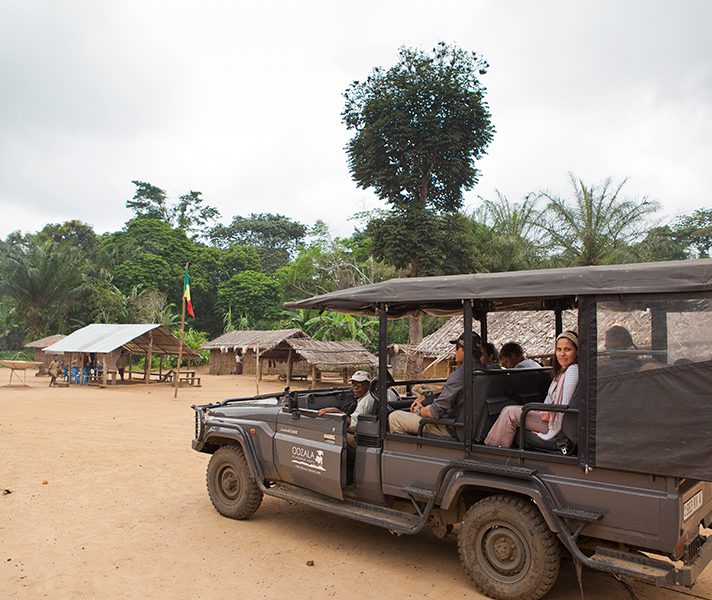

Giving: The impulse to give presents to impoverished people is perfectly natural but we can’t emphasise enough how important it is that you resist the urge to spontaneously give sweets or money, especially to children. We recommend ‘packing for a purpose’, which is bringing a gift from home – like school supplies (paper, pens and other stationery) or children’s clothing and shoes (even quality secondhand items are very welcome). Ask your guide to give the goods on your behalf – gift giving is usually done during the initial greeting ritual and received by the elders on behalf of the community.
Accepting: It’s vital to have an attitude of acceptance. As tourists, we are invited to observe, not to judge or instruct people of another culture. On our Congo village visit, we met skinny children dressed in rags with no shoes, many of whom were taking care of their younger siblings. These same children taught us to play a brilliant game with recycled tins and proudly showed us their school, which boasts an attendance rate of 50 percent of the community. That is very high attendance in a subsistence economy that has no use for formal education!
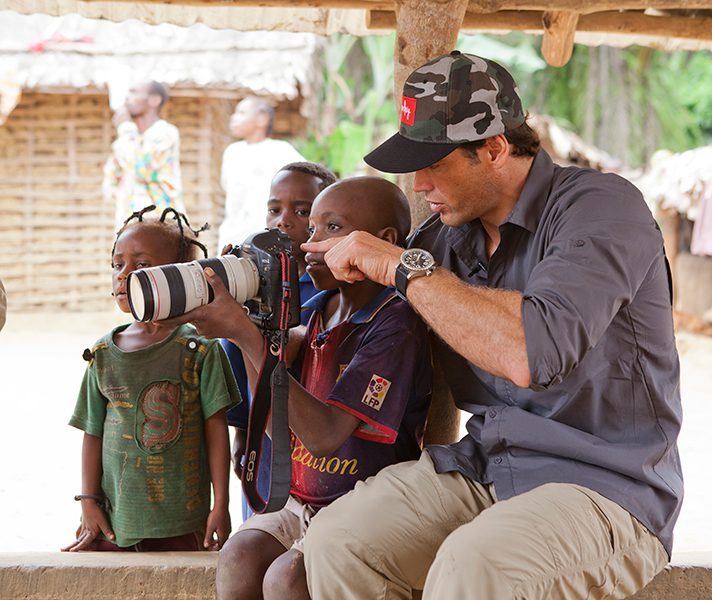
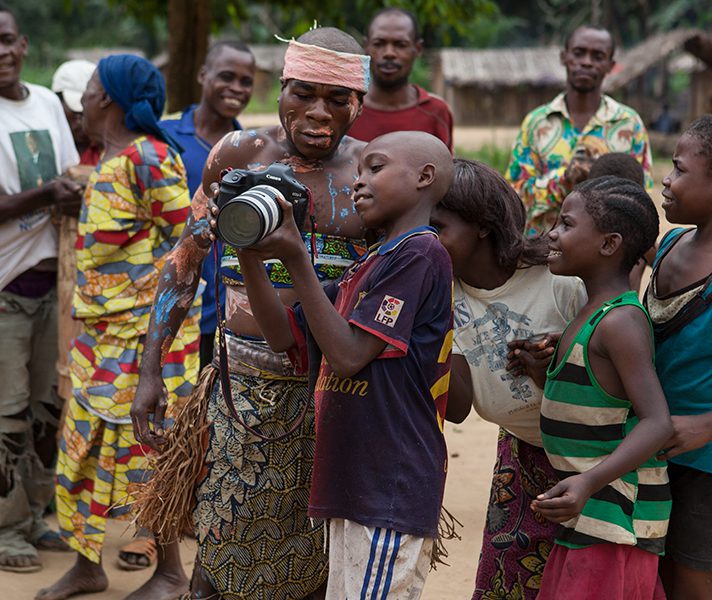
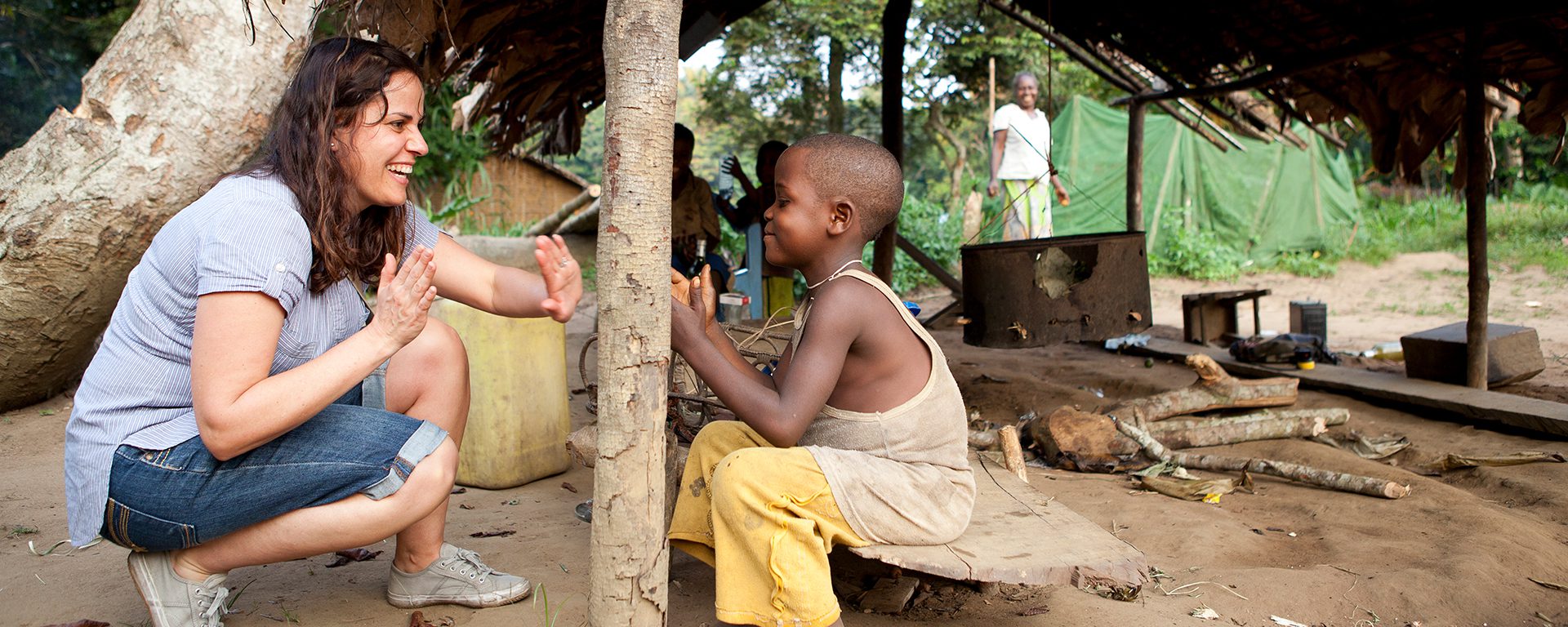
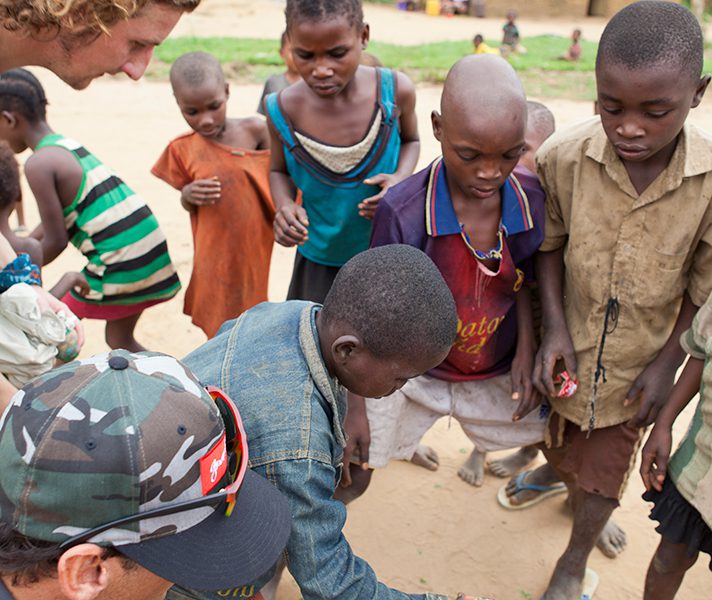
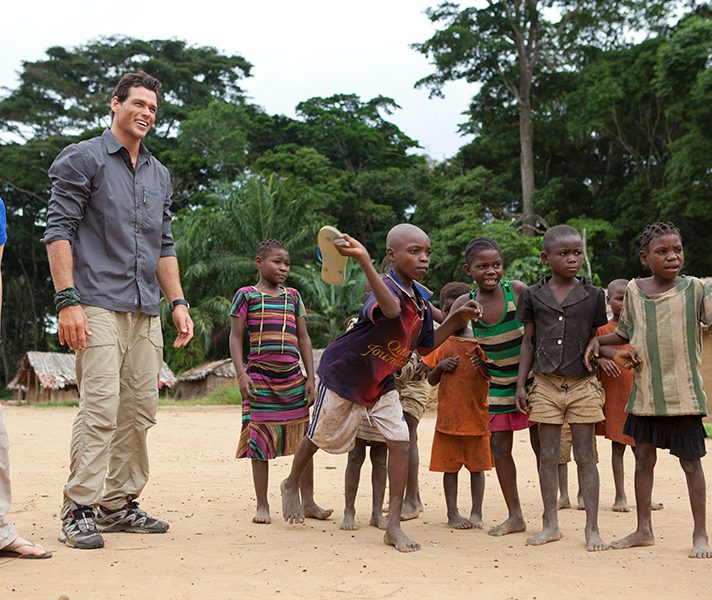
We love Africa. We believe her wild places and creatures are worth conserving for all people to enjoy. And we believe that sustainable, long-term conservation is only possible if rural communities are an active part of it. Knowing that your tourist dollar contributes directly to employment, education and conservation makes a Congo safari an even more satisfying adventure.

